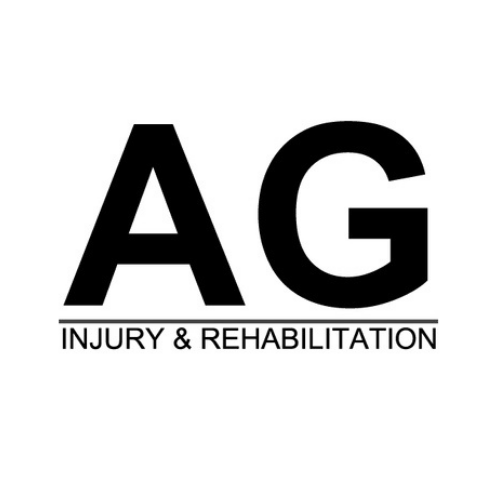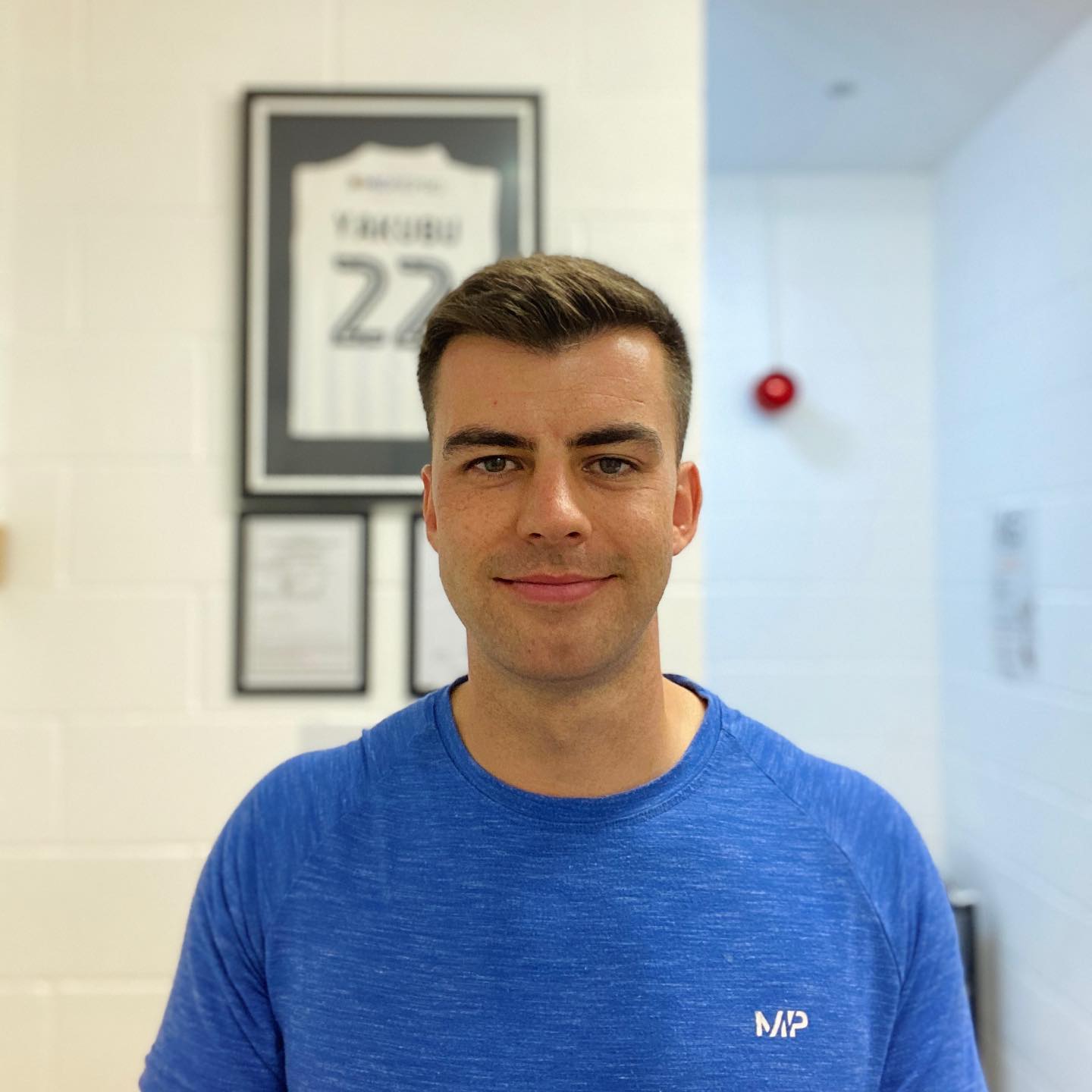
Adhesive capsulitis, better known as frozen shoulder, is a condition of unknown cause. It affects 2-5% of the population, with certain risk factors, such as a previous shoulder injury or diabetes, increasing the likelihood of developing the condition.
Fortunately, adhesive capsulitis will usually resolve itself. The timescale for this however, can be long, ranging from 9 months to 3 years. The vast majority of people will achieve a full functional recovery, but some may still experience mild stiffness and occasional pain.
The shoulder joint is, by design, incredibly mobile. Surrounding the joint, as with other joints of the body, is a capsule. The role of the capsule is to provide stability, sensory information, and aid in lubrication of the joint. The capsule of the shoulder is very large and baggy, allowing you great flexibility.
Tightening of this joint capsule is what causes a frozen shoulder.
The typical symptoms of adhesive capsulitis are pain and stiffness. Night time pain can be one of the first indicators of developing a frozen shoulder.
Stiffness will then begin with difficulties lifting the arm to your side, behind your back and rotating it outwards.
Good management of pain, and careful control of compensatory movements can help you to minimise the negative affects of the condition.
Taking adequate analgesia will help you to function and get a more comfortable nights sleep. This is vital to your health. Play around with pillows to find the most comfortable sleeping position. Try to keep your head in a neutral position, and your arm resting close to your side.
Long term abnormal movement patterns of the shoulder can cause postural asymmetries, neck and back pains. So be vigilant with monitoring your posture. Make sure you stand up straight when moving your arm, and do not over compensate by leaning your body as you lift your arm. Try to minimise just how much you hunch your shoulder up.
Many of the muscles that attach to your neck also attach to your shoulder. Performing daily neck stretches and applying a hot water bottle to these muscles can help to prevent secondary neck pain and stiffness.
Physiotherapy exercises for the shoulder area can help to relieve pain associated with stiffness. These need to be performed little and often in order to help you manage the symptoms of adhesive capsulitis.
The key to your recovery is patience. Utilising these tools will help you to manage the symptoms of your frozen shoulder.
You can purchase one of our frozen shoulder rehabilitation programmes below, full of information about how best to get rid of your pain, become more active and get back to doing what you love to do!


